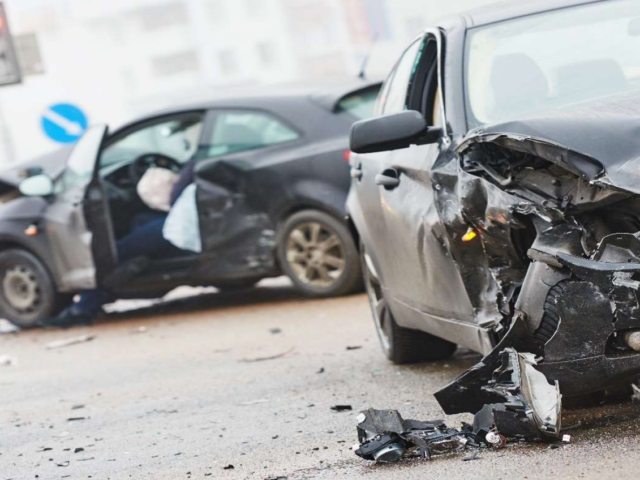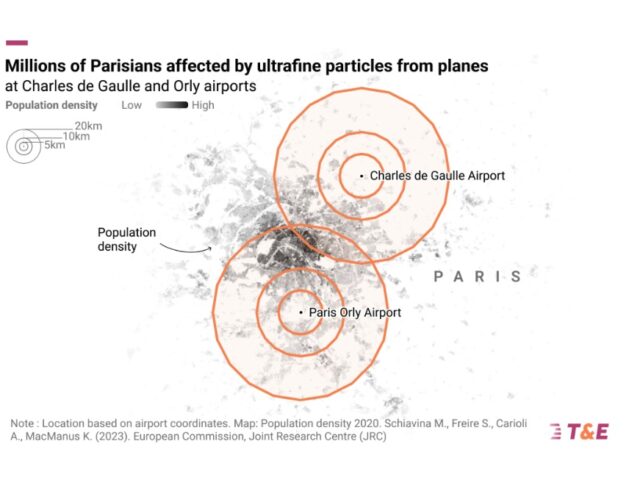With the stalemate between the liberal MR party and Groen, the two big winners in the French and Dutch language groups in Brussels of the national elections, it looks like the Good Move mobility plan will become the topic of the municipal elections in October.
MR president Georges-Louis Bouchez is determined that Good Move must be scrapped and redesigned completely. As Mobility Minister who rolled out the mobility plan in 2020, Green politician Elke Van den Brandt remains a fierce supporter. But to the regret of those who envy it, abolishing Good Move is not so simple.
Threatening language from Bouchez
Bouchez’s party will form a Brussels government on the French-speaking side with Les Engagés and likely another partner. MR made solid gains in the capital precisely because of its opposition to the plan.
Van den Brandt, on the other hand, is charged with forming a new coalition on the Dutch-speaking side in Brussels. She believes she won the election precisely by continuing to defend Good Move, which would also have made French speakers vote for Groen.
While Van den Brandt is open to adjusting the plan to refine or improve it, Bouchez uses threatening language. “They have already taken Brussels hostage with Good Move. Do they want to hold it hostage institutionally, too? I know there are other ways to bury Good Move.” In doing so, Bouchez hints at passing by parliament. “I can be creative,” the Liberal president said.
Complex government forming
What Bouchez is referring to is not immediately clear, but if the Liberals, who have been in opposition in Brussels for more than 20 years, want to get rid of Good Move, a long process awaits them.
First, a government still has to be formed in Brussels. The Dutch-speaking and French-speaking parties there will first each form a coalition separately within their language group before creating the Brussels government together. But forming a government is no sinecure, as several losing parties have already indicated that they want to be in opposition, which could make negotiations a long-lasting process.
Firmly entrenched
Moreover, any profound change to the controversial Good Move also entails adjusting the 2020-2030 regional mobility plan ordinance. In other words, a whole participatory process between various mobility actors from the public sector, the private sector, and the association life would have to be restarted, just like a new public inquiry would have to take place, which could take years. And then there must be a vote in parliament.
Another critical point is that Good Move is anchored in a host of other Brussels policy plans and strategies. For instance, there is the Regional Plan for Sustainable Development, which contributes to a more sustainable transport system, less pollution, and improved quality of life, or PACE, the Regional Plan for Air, Climate, and Energy Control.
Good Move also plays an important role in the redevelopment of urban space and infrastructure. Any change to urban planning or the layout of public spaces requires a permit application to be submitted to the urban administration, which, therefore, also considers what is provided for the regional mobility plan.
Highly decentralized
Apart from the whole unwieldy administrative tanker that needs to be turned around, there is another obstacle in Brussels that the MR could not just cycle around: mobility policy in Brussels is highly decentralized, with municipalities having the power to block or intervene in things, even on so-called regional roads.
The city of Brussels, for instance, is not likely to roll back the traffic plan any time soon now that the Pentagon has seen a more than 20% reduction in traffic since the introduction of Good Move. There is rather a general sense of satisfaction, except for the traffic jams on the small Ring Road, for instance.
Municipal elections will be decisive
Brussels’s huge debt burden, plus several dossiers that need to be resolved urgently, such as the construction of the costly Metro 3 (MR is pro, Groen rather contra) or Vivaqua’s problems in supplying the city with drinking water and managing its sewers, are other hot topics that hang over the future government like a sword of Damocles.
Meanwhile, Van den Brandt also noted that despite all the opposition, the Liberals in the capital support the objectives of the Good Move plan but not its terms. And David Leisterh, president of the Brussels MR who wants to become the new Brussels Minister-President, also seems to be opening the door somewhat ajar.
“The objectives are good: less traffic jams, better air quality, more public transport,” Leisterh said on the VRT program Ter Zake. “But Good Move ‘as such’ meets a lot of resistance in certain neighborhoods. Mobility policy must, therefore, change.”
Consequently, no matter how much poker is currently being played or bluffed at the negotiating tables, the results of the municipal council elections in October will most likely determine how Good Move will evolve. These elections can also be considered a kind of public consultation of what the residents of Brussels and the region think about it.




Comments
Ready to join the conversation?
You must be an active subscriber to leave a comment.
Subscribe Today